Finding content and topic ideas for your blog posts doesn’t have to be difficult.
Here are 12 places you can find information to help you get started, point your writers in the right direction, or add more depth to your content.
1. YouTube
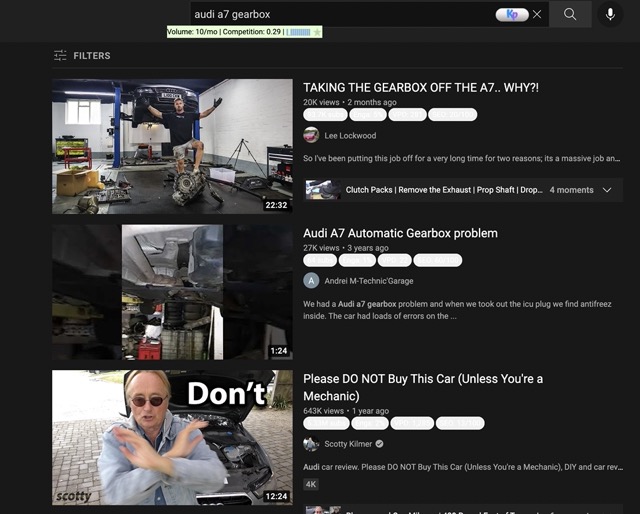
YouTube can be a valuable resource for finding information to include in your blog posts. Start by searching for keywords related to your topic.
You’ll find helpful videos from niche enthusiasts and also pick up the terminology and lingo used in the niche.
Additionally, if you want to go even deeper and get some original research, you can use YouTube to find experts to interview for your blog.
If you reach out to the creators, you’ll find that most are willing to participate in an interview!
If you just want to grab the data and go, quick and dirty, check out the free Chrome extension, YT Scribe.
2. Reddit
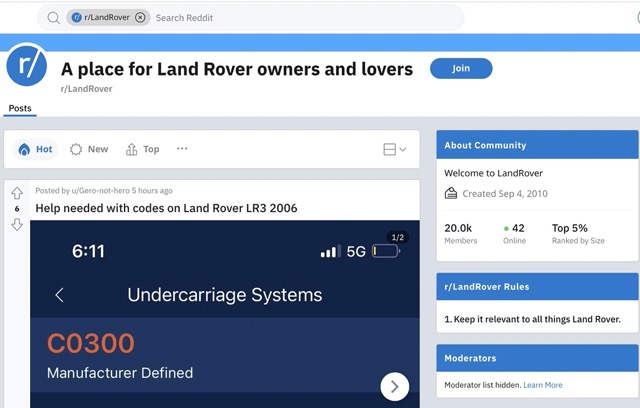
Find the right subreddit in your niche, and you will be inundated with content and topic ideas from real people within the niche!
3. Quora

Quite similar to Reddit, but you can ask questions, answer questions (incorrectly. And wait for some expert to correct you 😏), and get brand new topic ideas.
You can look at the volume of the engagement, also, to gauge whether a topic is hot or not.
4. The Library

I find the library to be a tremendously underrated resource (people just don’t go there).
Take a stroll down to your local library and ask them what resources they have on your niche topic.
The library is a treasure trove of information, and the librarians are experts at helping you locate the resources you need.
You can also go rummage through the books on your own and see what catches your eye.
Who knows, you may even find a whole new niche idea that you hadn’t considered before, (blessing and a curse…)
5. Project Gutenberg
You can find content for your blog in Project Gutenberg if you are looking to write about an evergreen topic or niche. The website has thousands of free eBooks available.
6. Internet Archives
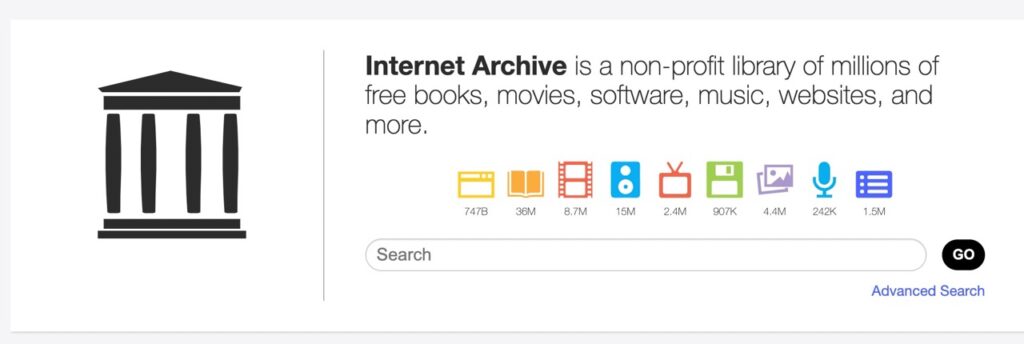
You can find an abundance of content on archive.org as well as other media such as videos, images, and audio that you can use.
7. Podcasts
Speed it up to 2x and take notes!
One of the best ways to get original content is by listening in on podcasts. You can find some interesting opinions and topics that will help you flesh out your blog post.
You’ll need to jot down your notes while listening, but you can find some real gems by listening to top-rated podcasters within any niche.
8. Product Manuals
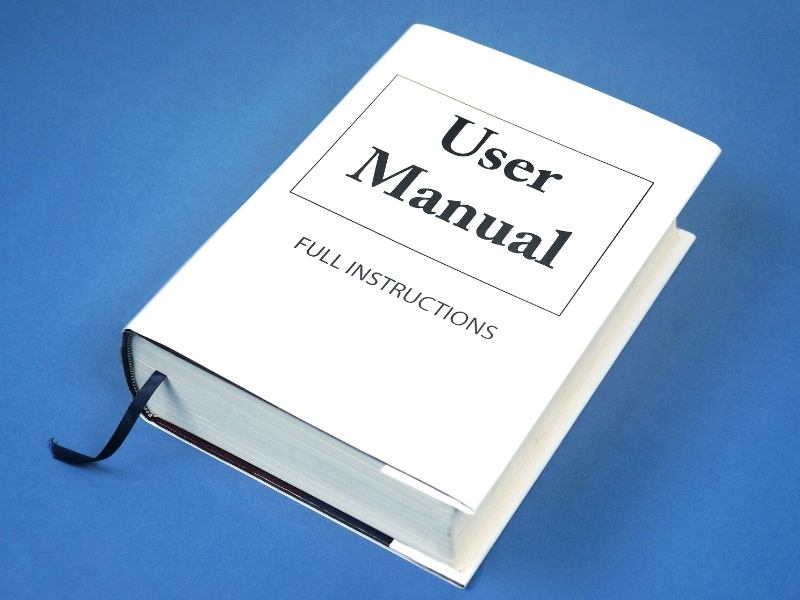
For some reason, both blog owners and product users don’t think to read product manuals for information.
If you can find them, you can use product manuals to find information for your blog posts and get ideas for FAQs.
If you are blogging about a particular product, it is always a good idea to consult the manual before writing your post.
These manuals are typically full of useful information, including product specifications, troubleshooting tips, and maintenance procedures.
Best of all, since the product manufacturers write them, you can be confident that the information is accurate!
9. Google Books

Google Books is a platform that allows users to search for and access books that have been digitized. It can be a useful tool for conducting research and finding information for writing articles.
To use Google Books for research, you can follow these steps:
- Go to the Google Books website and use the search bar at the top of the page to search for keywords related to the topic you are researching.
- Use the filters on the left-hand side of the page to narrow down your search results by date, language, and other criteria.
- Browse through the search results to find books that contain information relevant to your topic.
You can preview a book by clicking on its title, and read a sample of its contents by clicking on the “Preview” button. - When you find a book that looks promising, you can click on the “Full view” button to access the entire book.
You can then use the tools on the right-hand side of the page to navigate through the book and find specific sections that contain the information you need. - As you read through the book, take notes on the information you find. Be sure to record the book’s name, the author, and the page number where you found the information, so you can easily reference it later when you are writing your article.
- When you have finished your research, use the information you have gathered to write your article.
Be sure to properly cite the sources you used in your research, to give credit to the authors, and to allow others to easily find and verify the information you have included in your article.
10. The Wayback Machine
The Wayback Machine has many use-cases from research and recovery to Black Hat tactics!
You can use this resource to find ever green topics and information from sites that no longer exist.
I’m especially impressed with the amount of archived material that is available there. It’s like a time capsule!
11. Your Competitor’s Sources
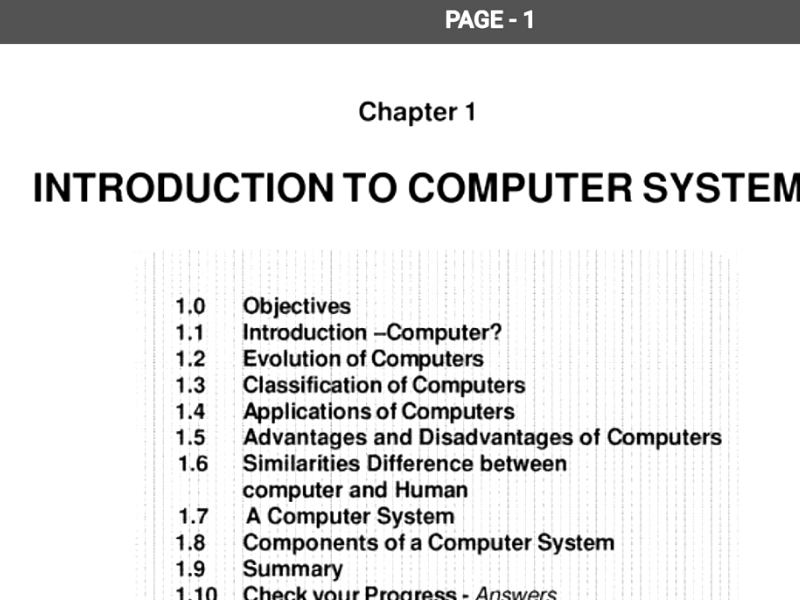
12. Buzz Sumo
I use Buzz Sumo to get news and trending information in my niche. You can look at trending data and spot trends before they take off!
Start your 30-day free Buzz Sumo trial and check it out for yourself.

Leave a Reply